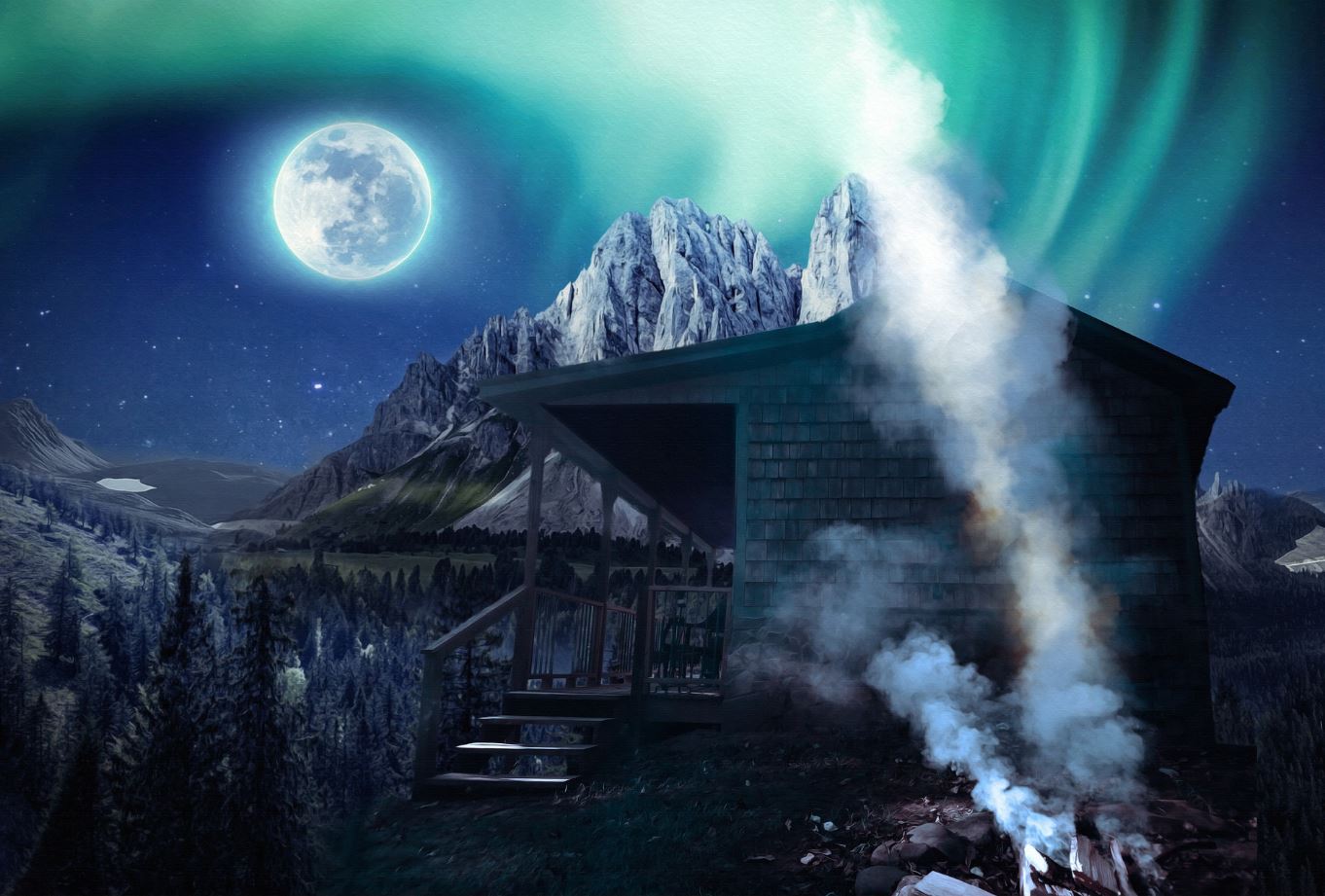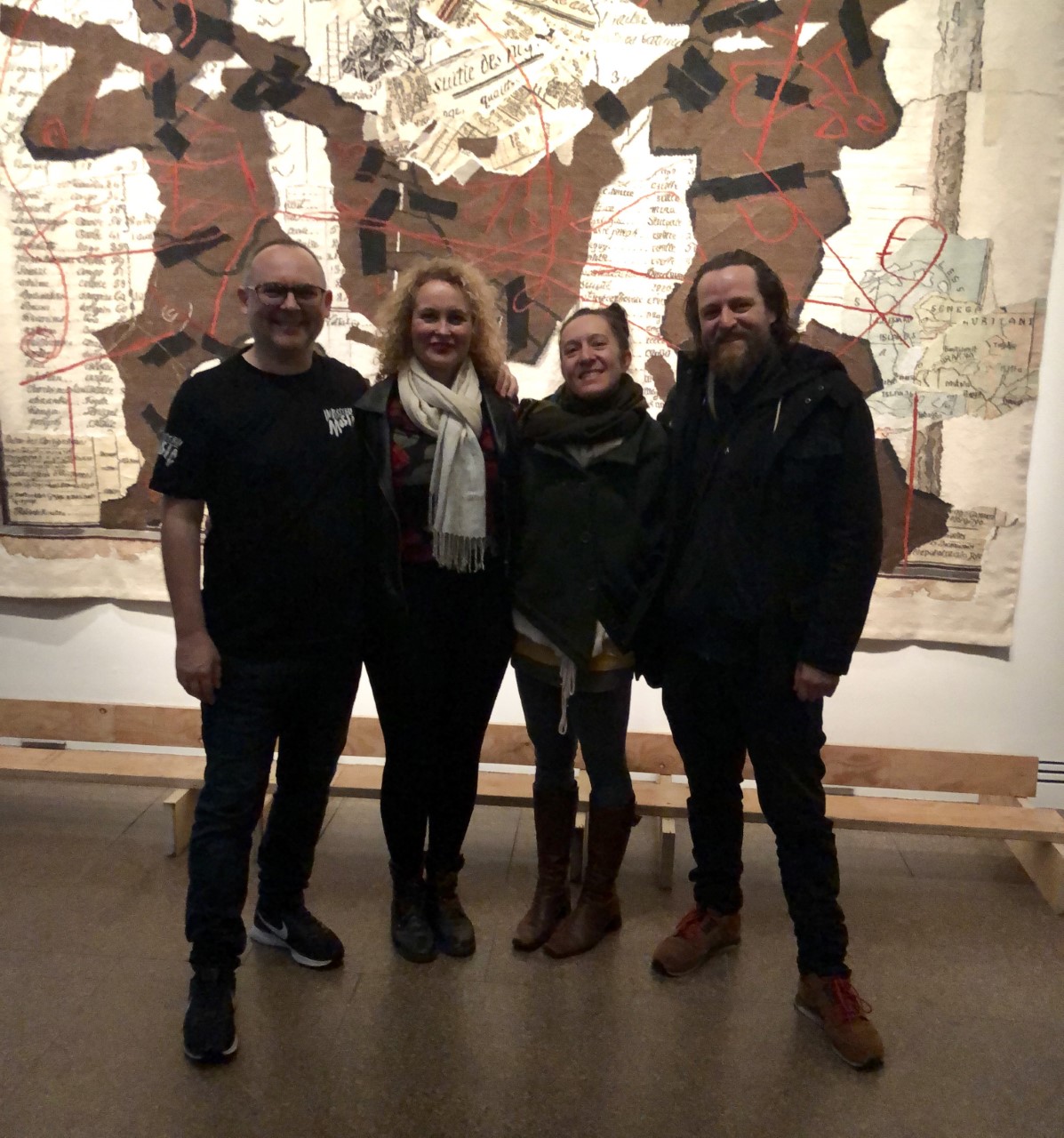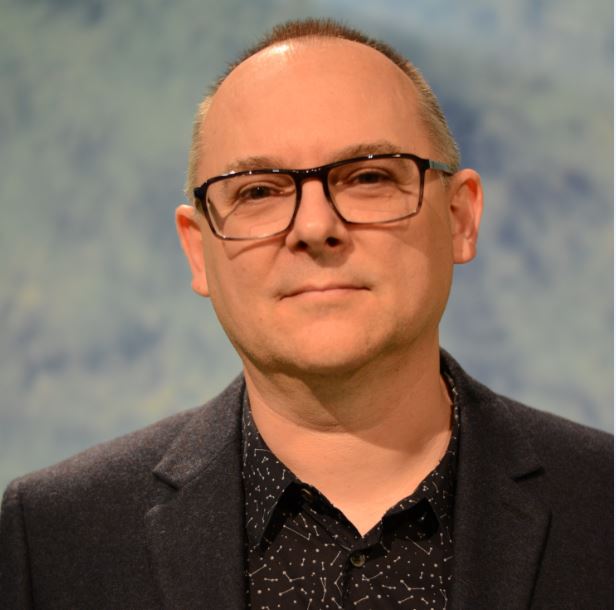
Collaboration is the key to furthering the value of writing – and expanding the application of crafted writing across more artistic and study disciplines is the aim of best-selling science fiction author and Flinders University creative writing lecturer Dr Sean Williams.
“The market for writers has always been difficult, but the application of writing is wider than many people would think,” says Dr Williams, who has enjoyed a #1 New York Times-bestselling title among his 49 novels and 120 short stories for adults, young adults and children.
“Reaching out to forge new collaborations with other artists and academics enables writers to embrace more possibilities.”
Since arriving at Flinders University as senior lecturer in Creative Writing, Dr Williams has shared his progressive view of how writing skills are promoted to embrace wider opportunities, something he says is essential in the modern publishing environment.
“Flexibility and diversity are the core of my creative output,” he says.
Dr Williams leads by example, having recently obtained an ArtsSA grant for the ambitious collaborative performance work called BARBARIAN, which will bring together dance, visual art, text, electronics and acoustic instruments for an immersive audience experience about understanding social inequality.
For this project, Dr Williams will provide text and musical composition (he has also been a musician for 30 years, and has a new work being performed at the Melbourne Festival of Bells in April), with Lina Limosani providing dance, acclaimed concert pianist Gabriella Smart providing musical performance and painter Thom Buchanan adding visual arts.
The group has gathered for a preliminary creative retreat but the work will come together over three weeks in June, when the collective will be based in the Flinders Ranges, culminating in a public performance.

He also received Australia Council and ArtsSA funding to research and write Impossible Music, a movie-length audio/visual work which introduced him to Deaf culture and Auslan (Australian sign language).
This also led him to present Deaf Storytellers Live at Adelaide Writers Week 2020, for which deaf writers were paired with four hearing authors (including Dr Williams and Flinders University alumni Hannah Kent) to work on their craft, and the results were read to an audience for this special session.
Opportunities to promote the knowledge and experience of practising writers, and how to apply the craft of writing into the demands of industry and gaining commercial traction, is the subject a podcast Dr Williams been making with Flinders University colleagues Dr Amy T Matthews (Creative Writing) and Alex Vickery-Howe (drama).
Called The Word Docs, the program features a three-way discussion about issues affecting creative writers across in academia and the industry. Auscast will commence the podcast soon.
Dr Williams has also been instrumental in generating Happening Adelaide, an informal gathering of arts practitioners at In.Cafe (268 Pirie St, Adelaide), held on the third Thursday of each month.
“I see an opportunity to provide cultural leadership, to creatively combine people who would not normally meet, and encourage new meshing of their skills,” says Dr Williams. “Writers have to be able to deal with people. They don’t just work in isolation. They must be involved in teams for their work to flourish, and it’s crucial to introduce emerging writers to the broadest possible range of opportunities.”

The results of innovative collaborative success for writers became apparent to Dr Williams during his 12-month writing and teaching sabbatical in Dublin during 2019.
“Dublin is a city of similar population size to Adelaide, but it has much greater self-confidence in arts and is experiencing an explosion of activity and popularity. They have a different approach that incorporates writing into the broadest range of Arts disciplines, rather than isolating writing as a singular, detached discipline.
“Applying a similar progressive approach to writer collaborations would place Flinders ahead of the pack for reimagining writing studies, by making writing a broader and more adaptable skill set that plugs into many other areas of study. It’s very compelling to be thinking about teaching writing in a new way.”

